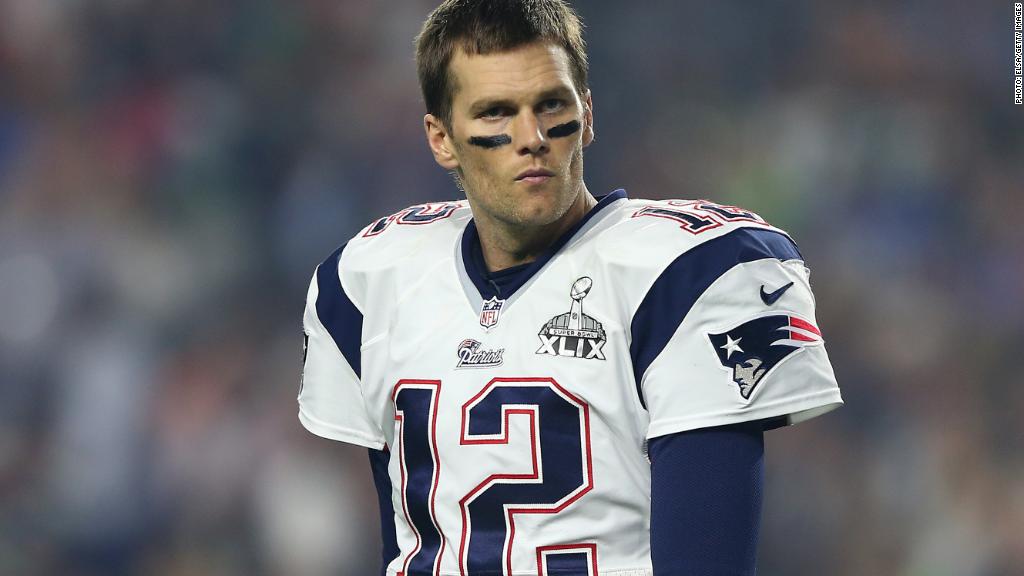
New England Patriots superstar quarterback Tom Brady destroyed his cell phone, and thousands of potentially damning texts along with it.
Or did he?
Though unlikely, it's possible that some of those text messages could still be recovered.
Brady told the NFL that he had his assistant destroy his Samsung phone and SIM card on March 5 or 6 -- the day he was interviewed by the NFL's investigative team about "Deflategate." The NFL reached out to Brady's cell phone carrier, which confirmed that the text messages on his phone couldn't be recovered.
The league had wanted to read some of the 10,000 messages Brady sent in the four-month period before and after the AFC Championship game in order to determine whether the Patriots quarterback might have had anything to do with deflating the game balls below the required air pressure.
The NFL called the cell phone's destruction "an affirmative effort by Mr. Brady to conceal potentially relevant evidence and to undermine the investigation." (Brady denies this.)
But the NFL might have been able to read some of those text messages if it really wanted to.
In an arbitration hearing, Brady's representatives offered to provide the league with a spreadsheet identifying all of the people with whom Brady had exchanged text messages during the period in question. Brady's agents suggested that the NFL contact the relevant parties and ask them to provide texts sent by Brady.
NFL Commissioner Roger Goodell said that would have been "impractical."
Tom Brady: 'I did nothing wrong'
There might have been an easier way. Depending on how "destroyed" Brady's phone is, it's possible that relevant texts could have been recoverable.
Most text messages are stored locally on a cell phone. A person can, in theory, recover text messages from a broken phone by connecting the phone to the computer. (It's even possible to read deleted texts -- but you have to act fast: Your phone only saves deleted texts until it needs space in its memory, then it will overwrite them with new information, permanently deleting them.)
Deleted or not, the phone would need to be powered on to recover them.
But Brady told the NFL that he asked his assistant "to destroy the phone so that no one can ever, you know, reset it or do something where the information is available to anyone."
Assuming that Brady's phone was microwaved, dropped from an airplane or otherwise destroyed to the point that it could never again be powered on, there's one possible technique left for retrieving Brady's "lost" messages: the cloud.
If Brady sent and received text messages using the phone's default text messaging app, those messages were likely stored on his phone's internal memory and permanently destroyed.
But if he used Google (GOOGL) Voice, Facebook (FB) Messenger, WhatsApp, or any number of cloud text messaging services, those texts would all still be recoverable. When using those apps, texts are stored on servers, not the phone itself. All you need to recover the texts is to install that same app on your new phone -- and all the texts would appear, even if they were sent from another phone.
Brady should take note: He said in a Facebook message Wednesday morning that he switched to an iPhone 6. By default, Apple (AAPL) stores texts sent to and from other iPhones in its own servers as part of the iMessage service. He might want to turn that function off.

